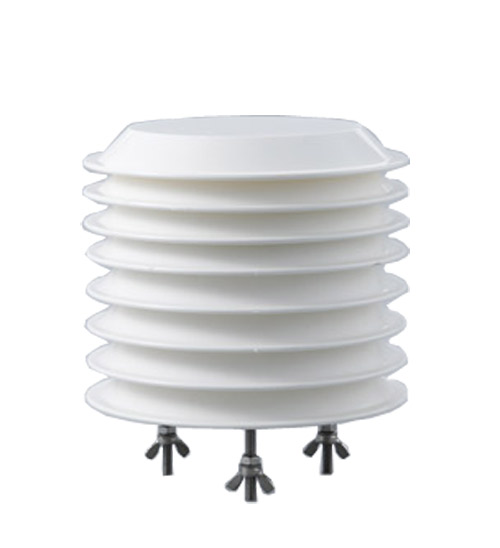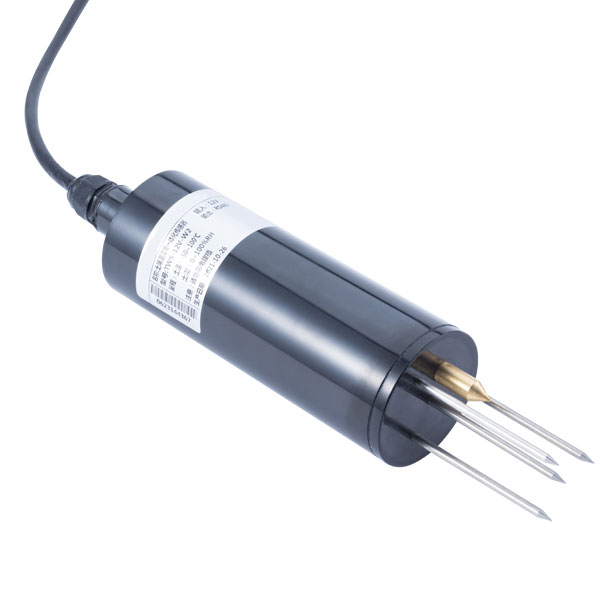

— Blogs —
—Products—
 Consumer hotline +8618073152920
Consumer hotline +8618073152920 WhatsApp:+8615367865107
Address:Room 102, District D, Houhu Industrial Park, Yuelu District, Changsha City, Hunan Province, China
Product knowledge
Time:2021-11-15 21:41:09 Popularity:1279
Three major differences between industrial routers and switches
With the continuous development of the Internet of Things industry, the development of wireless industrial routers has also been steep, but many people do not know what is the difference between it and switches. Here is an explanation:
1. Different appearance
The port of the industrial router has WAN/LAN, it can also connect to the cellular network and reflect the wifi signal. Need to expand the coverage of the signal range, so its antenna has a full-frequency rod antenna, WIFI uses a high-gain antenna, you can also choose a full-frequency rod antenna for external signal, the signal is more stable.
The exchange port is mainly to expand the network and access more networked terminal devices, so there are more LAN ports, ranging from 8 ports to 16 ports. There are even 24-port or 48-port switches on the market. At the same time, because it uses wired networking, it does not need to be used with an antenna.
Two, the function is different (the application scenarios are also different)
Industrial router: It is used to connect to the network and can connect to different networks. At the same time, it is commonly used in outdoor parking lots, smart water conservancy, industrial oil fields and underground monitoring, pollution source on-site monitoring, security wireless video monitoring and other projects.
The switch just expands the access point of the local area network to allow more terminals to connect to the Internet, and is usually used in indoor wiring projects.
Three, network processing is different
Industrial wireless routers can automatically allocate IP and virtual accounts for the local area network; the network layer supports the "TCP/IP" protocol to handle IP address addressing; supports firewalls to ensure the safe passage of data. At the same time, industrial routers support IPsec /L2TP/PPTP/GRE/l2tp over Ipsec and other protocols; support operator APN private network access and specify IP; embedded PPP, TCP/IP, UDP/IP, MODBUS-TCP, MODBUS-RTU, etc. A variety of protocols, compatible with the manufacturer's private protocol; multi-layer encryption transmission guarantees the safety and accuracy of the data, and the data transmission reaches financial-level standards.
And the switch: It is only used to distribute network data; it can only be addressed according to the "MAC" address at the relay layer; and it does not support firewalls.
The above are the three major differences between industrial routers and switches. I hope to help you understand the difference between industrial routers and industrial switches.
Sensors & Weather Stations Catalog
Agriculture Sensors and Weather Stations Catalog-NiuBoL.pdf
Weather Stations Catalog-NiuBoL.pdf
Related recommendations
Related products
 Atmospheric Temperature Humidity Pr···
Atmospheric Temperature Humidity Pr··· Soil Temperature Moisture Sensor 4-···
Soil Temperature Moisture Sensor 4-··· Air temperature, humidity and atmos···
Air temperature, humidity and atmos···
Screenshot, WhatsApp to identify the QR code
WhatsApp number:+8615367865107
(Click on WhatsApp to copy and add friends)